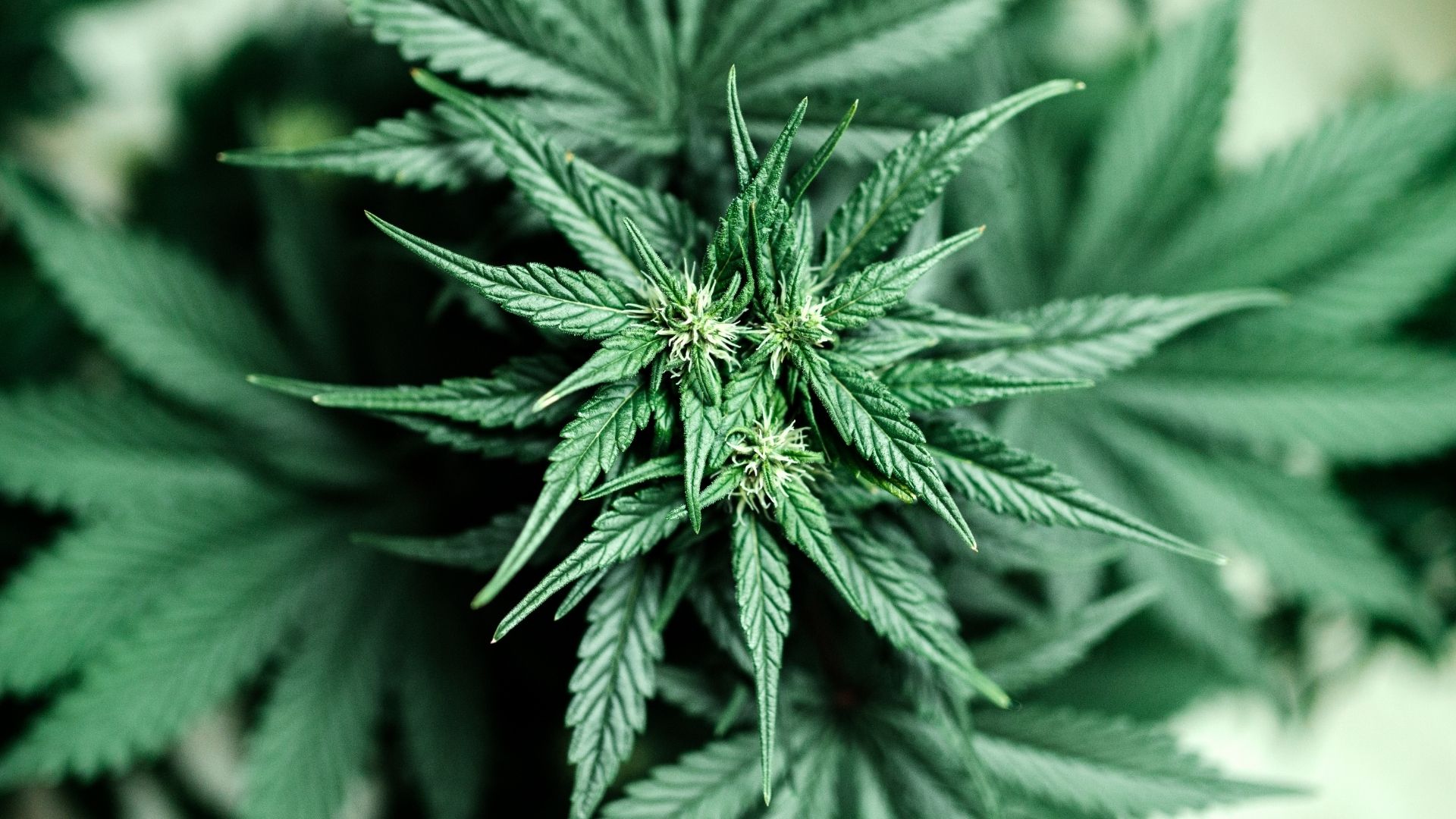A Closer Look at Cannabis

Marijuana, weed, pot, grass— chances are you have probably heard many of these terms before. These terms all refer to the same drug: Cannabis.
Behind alcohol, cannabis is the second most common substance used by McMaster students according to the 2019 National College Health Assessment (NCHA). However, there are less people than you think using cannabis! According to the same NCHA survey, participants perceived that 89.6% of students used marijuana when only 21.9% were actually using it.
Whether you have tried cannabis before or not, it is important to know the risks and benefits of cannabis use. Read more below!
What is Cannabis?
Cannabis is a product of the cannabis sativa plant. It comes in many forms such as:
- Fresh or dried herbal material
- Cannabis oil
- Chemically concentrated extracts (such as hash oil)
- Physically concentrated extracts (such as hash/kief)
- Edibles
- Tinctures/sprays
- Creams/salves/liniments
Cannabis contains hundreds of chemical substances called cannabinoids that affect the brain and the body. THC is the main psychoactive cannabinoid that is most responsible for the high and intoxication associated with cannabis use. Another key cannabinoid is CBD. CBD has fewer psychoactive effects and has reported therapeutic effects, but its activity in our body is still being researched.
Is Cannabis legal?
Currently, cannabis is legal in Canada if you are 18 years or older. In Ontario specifically, you must be 19 years or older to buy, use, possess, and grow recreational cannabis. Currently, the only places you can purchase cannabis legally in Ontario are through the Ontario Cannabis Store online, or privately run authorized retailers.
More of information regarding Ontario’s regulations can be found here: Cannabis laws | ontario.ca
What are the risks?
Some short-term effects of cannabis use can include:
- Impairment: Cannabis impairs your ability to drive or operate equipment. This impairment may include drowsiness, slower reaction times, shorter attention span and impaired coordination.
- Difficulty remembering: Cannabis makes it more difficult to think, concentrate, and form memories. It also impacts your ability to learn and perform well at school or while on the job
- Impacts to mental health: Cannabis can cause anxiety or panic attacks in some people. It has also been shown to trigger psychotic episodes in rare cases.
- Cannabis poisoning: Accidentally consuming too much cannabis can lead to cannabis poisoning. Symptoms of cannabis poisoning include: chest pain, rapid heartbeat, nausea/vomiting, psychotic episode, respiratory depression, and severe anxiety and/or panic attacks. It is not generally fatal, but can sometimes require emergency medical attention or hospitalization.
Some long-term risks of cannabis use can include:
- Damage to your lungs: Cannabis contains many harmful chemicals that can cause damage to your lungs if smoked.
- Impacts to mental health: Cannabis can cause cannabis dependence (sometimes referred to as addiction, cannabis use disorder, or problematic cannabis use) if used over a long period of time. Additionally, it can increase your risk for developing or worsening mental health disorders such as anxiety and depression.
- Impacts to brain development: Cannabis can impact brain development if used before the age of 25 (as this is the average age where the brain becomes fully developed). These impacts may increase the risk of mental health problems, and/or harm aspects of thinking such as learning and memory. These impacts may persist for months or years, or be permanent.
What are the positive effects of cannabis?
Some of the positive effects of cannabis include:
- Short-term positive feelings such as:
- A feeling of euphoria (the high feeling)
- A sense of well-being
- Relaxation
- Heightened sensory experiences
There is also some evidence of therapeutic effects of cannabis or its components, such as a connection between CBD and a reduction in anxiety.
To find out more about therapeutic effects, check here: Medical use of cannabis – Canada.ca
Is cannabis safe?
When it comes to cannabis, safe use is not a one-size-fits-all. Factors such as your sex, age, pre-existing medical conditions, experience with cannabis, amount of THC and CBD content, and whether or not you ate/drink/or used other drugs before engaging with cannabis will impact your response.
Ensure that you weigh pros and cons of cannabis use before engaging. Should you decide that you would like to use cannabis, ensure that you take steps to reduce the risk, such as:
- If you are trying cannabis for the first time, it is best to do so in a safe and familiar environment with friends and people you can trust. You should also make travel arrangements or plan to stay over.
- Do not drive or operate machinery/equipment after using cannabis.
- Delay cannabis use until your brain is fully developed (typically at age 25).
- If you have never tried edible cannabis before, or you are new to cannabis, consume edibles with no more than 2.5 mg of THC. Ensure that you wait to feel the effects before taking more. Your body absorbs THC from edible cannabis slower and THC is present in your body for longer periods of time when compared to smoking or vaping cannabis.
- If you choose to smoke, avoid inhaling deeply or holding your breath.
- Limit and reduce how often you use.
- Avoid using cannabis with other substances.
- Avoid using synthetic cannabis products (such as K2 or spice).
- Synthetic cannabis is a manmade designer drug that mimics THC. Synthetic cannabis products have much stronger effects, are not regulated, and are more dangerous than cannabis.
For more information about cannabis and its risk, call the Student Wellness Centre and set up an appointment with a medical professional (905-525-9140 ext.27700).
References:
- https://www.camh.ca/en/health-info/mental-illness-and-addiction-index/cannabis
- https://www.canada.ca/en/health-canada/services/publications/drugs-health-products/is-cannabis-safe-use-facts-young-adults.html
- https://www.canada.ca/en/health-canada/services/publications/drugs-health-products/is-cannabis-safe-use-facts-young-adults.html
- https://wellness.mcmaster.ca/app/uploads/2020/01/Final-Report-National-College-Health-Assessment-3.pdf
- https://www.canada.ca/en/services/health/campaigns/cannabis/health-effects.html
